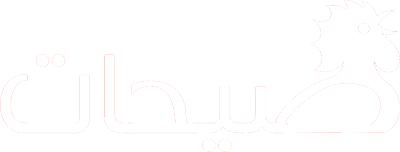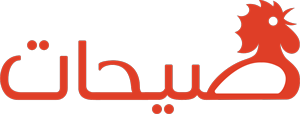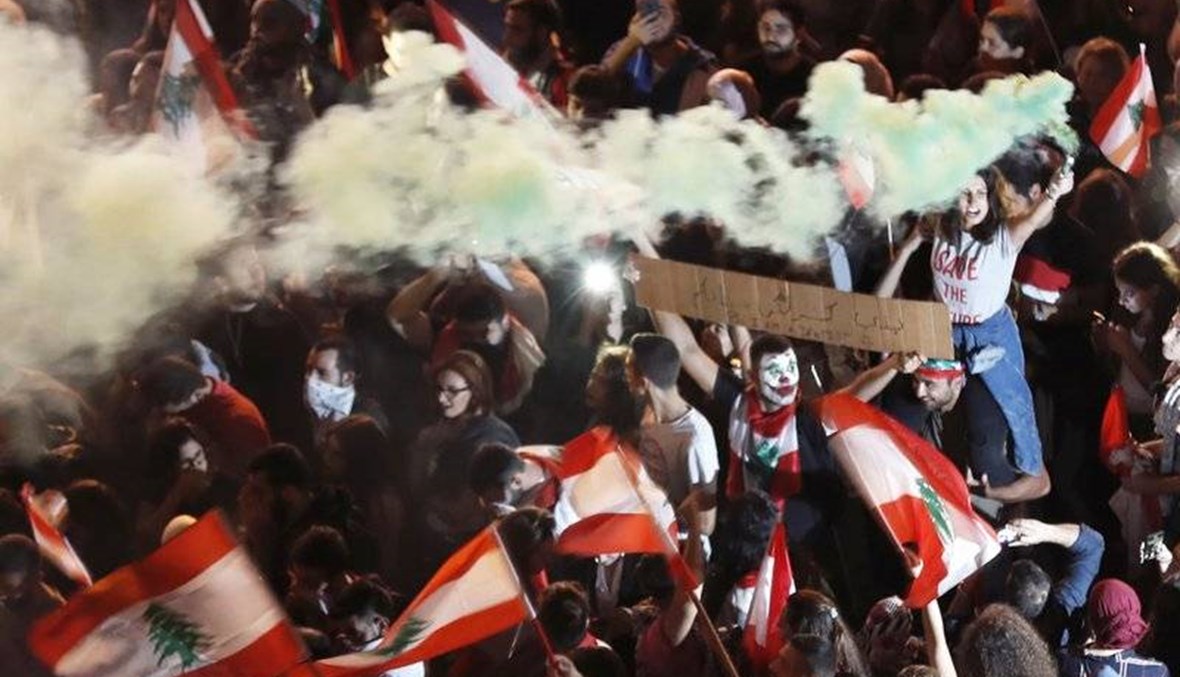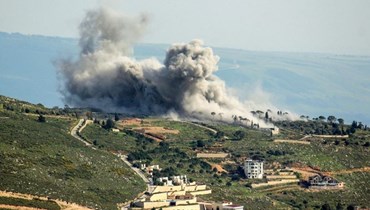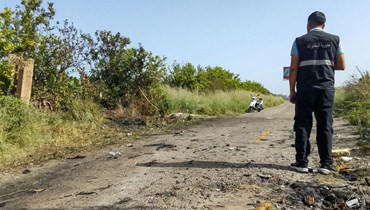Hezbollah frets as Lebanon braces for biggest protest since Covid-19 outbreak
BEIRUT: Lebanon is gearing up for the biggest gathering of protesters in months after the coronavirus outbreak stifled the popular movement that kicked off late last year.
Social media has erupted in recent days, with activists calling on Lebanese from all walks of life to gather in downtown Beirut to decry deteriorating living conditions.
The protest is expected to attract thousands of disgruntled Lebanese, who have seen a dual monetary and financial crisis cripple the small Mediterranean country’s economy.
Unemployment has reached 50 percent while some 45 percent of people are expected to drop below the poverty line.
Meanwhile, the Lebanese lira, pegged to the dollar since the early ’90s, has lost more than 60 percent of its value.
Mass demonstrations took Lebanon by storm late last year, prompting former Prime Minister Saad Hariri to resign.
Protests endured well into the new year until the current PM Hassan Diab was nominated by Hezbollah, the Free Patriotic Movement and their allies.
The government, shielding itself under the guise of a technocrat Cabinet, managed to deflate protestors’ anger before the coronavirus outbreak screeched the demonstrations to a halt.
Lebanon’s current government, dominated by Hezbollah and its allies, has been slow to implement reforms required by the International Monetary Fund to unlock a potential multi-billion dollar bailout.
The Iranian-backed Hezbollah is visibly fretted by the fund’s potential intervention as certain reforms would undoubtedly jeopardize its bottom line.
Illegal smuggling, a downsizing of the public sector and harsher border control have all been touted as necessary conditions called for by the IMF.
“Challenges facing Lebanon are complex and addressing them will require the right diagnostic, comprehensive reforms, and unwavering implementation. This needs strong government ownership and support across Lebanon’s political spectrum and civil society,” IMF spokesman Gerry Rice said Thursday.
The popular uprising, which kicked off in October 2019 as a countrywide condemnation of the ruling elite, has increasingly narrowed in on Hezbollah’s role in the crisis.
Hezbollah’s grip on Lebanese politics since the turn of the decade has coincided with a sharp drop in remittances, direct foreign investment and GDP growth.
The Iranian-backed group has been militarily involved in Syria, Iraq and Yemen, further isolating Lebanon as a large number of once Arab supporters turned their back on Beirut.
The group has also been designated by the majority of the world’s countries as a terrorist group, with the latest designations coming from the UK, Germany and Uruguay.
Estimates show that smuggled oil and wheat into Syria, subsidized by Lebanon’s central bank, has been draining the bank’s already depleted reserves since 2010. The overblown public sector has also cost the state billions of dollars.
Endemic corruption in the public sector and failures of preceding governments to provide basic services such as electricity, water and sanitation led to Lebanon’s house of cards crashing down.
Speaking on Thursday, Marada leader Sleiman Frangieh and Hezbollah’s staunchest Christian ally warned against the protests targeting Hezbollah’s military arsenal.
“We’ll stand against the revolution if it turns its crosshairs at Hezbollah’s weapons,” he said.
The protest will mark the first time different Lebanese groups from across the political spectrum, including the Kataeb party, call for Hezbollah to dismantle its military wing.


 اشترِك في نشرتنا الإخبارية
اشترِك في نشرتنا الإخبارية


